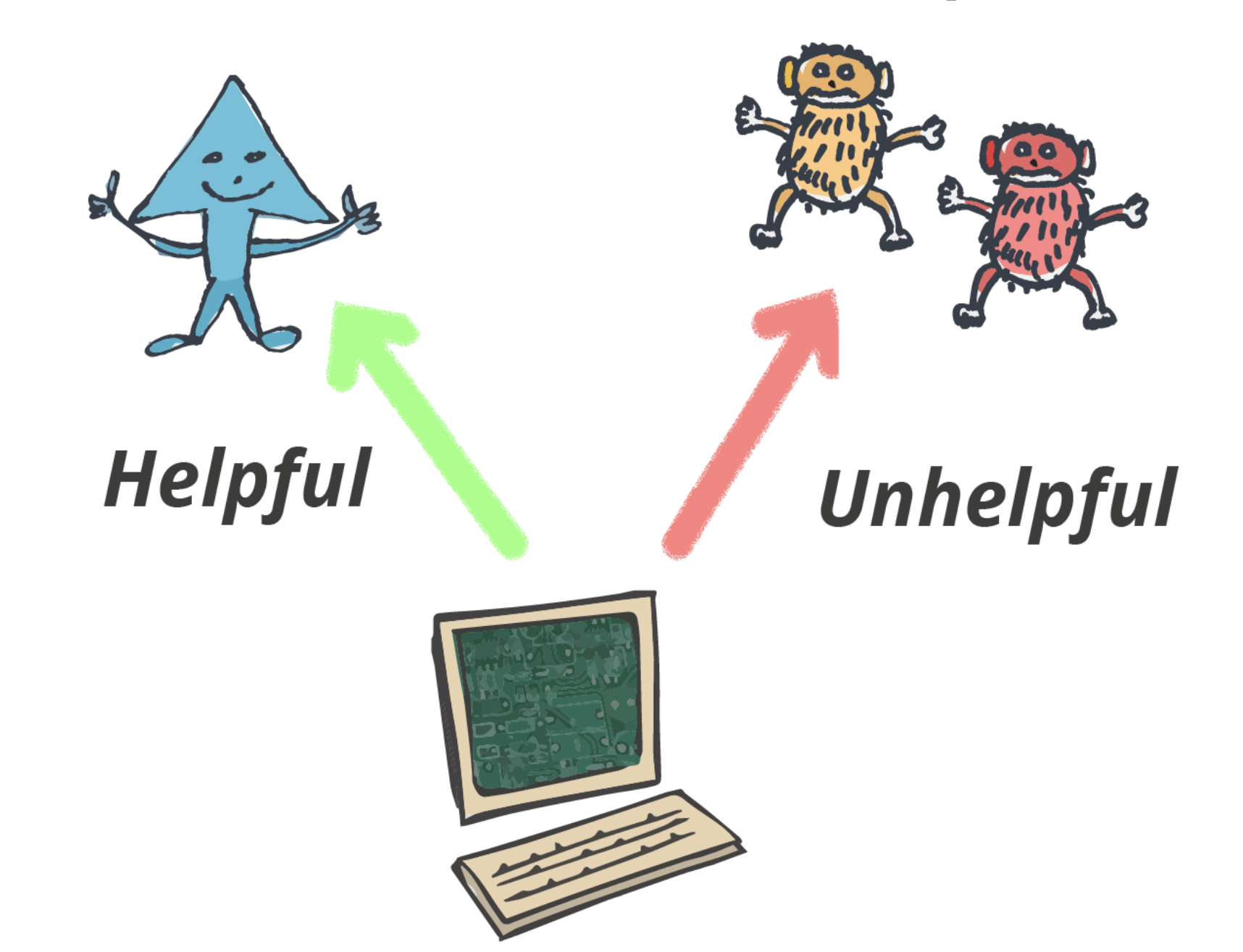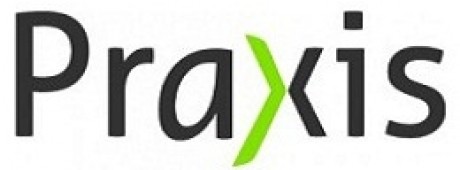Have you ever felt like a fraud? When you’re sitting at your desk, surrounded by colleagues who seem to have it all figured out, do you have a persistent voice inside your head whispering, 'You don't belong here'? If so, you're not alone. Impostor syndrome, that nagging feeling of inadequacy and self-doubt, has haunted countless individuals in the workplace, sabotaging our potential for success.
I've been there too, doubting my worth and constantly fearing exposure. As a PR consultant, grappling with impostor syndrome can be a formidable challenge in an industry that thrives on perception and reputation. The pressure to constantly deliver results, manage client expectations, and maintain a strong professional image can intensify feelings of inadequacy. However, recognizing that my self-criticism stems from a genuine desire to excel is a pivotal step towards breaking free from the grip of impostor syndrome.
What is impostor syndrome? Better yet, where does it come from?
Basically, impostor syndrome is the idea that we don’t deserve to be where we are. It creates an internal narrative that deceives us into believing we are undeserving of our accomplishments, fostering a cycle of self-sabotage and missed opportunities. As a PR consultant, it was hard keeping my impostor syndrome at bay while having to manage my clients’ expectations and meeting my deadlines.
In fact, according to a research conducted by Asana, nearly two-thirds (62%) of workers worldwide reported experiencing impostor syndrome. One survey even found that the creative arts and design industry has the highest rate of imposter syndrome across all sectors, affecting nearly 87 per cent of respondents.
“In the short term, imposter syndrome kills creativity and innovation. In the long term, it can hamstring productivity and toxify culture. It keeps people silent when they have ideas to share.” -Porter Baswell
But enough about that, we’re here to talk about how I slowly got over my impostor syndrome. To truly understand and overcome impostor syndrome, we must delve into its origins and the intricate relationship between our own perception of ourselves and the external world.
At its core, impostor syndrome comes from two places: taste and perception.
What does taste have to do with it?
Before we get into it, I’d like you to read this quote from a veteran American radio personality, Ira Glass:
So, when you find yourself looking at your press release and feel that you have the potential to do better, take it as an encouraging sign. It means you have taste, and a clear idea of where you need to go. Although your current skill may not align with your taste just yet, your recognition of the gap signifies that you have a sense of direction.
Understand that the gap between your current skill level and your taste is an opportunity for progress, not a condemnation of your abilities. In the dynamic world of PR, the ability to look at your work and envision greater possibilities demonstrates a keen eye for quality and aspirations for growth. Embrace this awareness as a positive attribute that sets you apart from those who settle for mediocrity.
The part about self perception
Impostor syndrome is essentially rooted in anxiety, and anxiety is self-centered.
Your brain is compelled by anxiety to wonder, "What are they thinking about me?", leading you to believe that your actions or words are significant to others, even though that is rarely the case. At its core, every step of the way, my anxiety tried to capture my attention and force me to think that everything I did or said was something people A) paid attention to, and B) cared enough to hate me over.
Reflect on how frequently you actually judge others when you feel like everyone is judging you. Consider the instances when you are lost in your own thoughts, focused on personal tasks or work milestones, rather than judging others.
But that’s not the only perception you need to pay attention to
This manifestation of impostor syndrome centers around the connection between you and your perception of the position.
It has always been my dream to work in PR ever since I knew what it was. So when I found myself working at an established PR agency, I felt like an odd duck. I had a hard time believing I was working with individuals in a place I previously only dreamt about.
I didn’t see myself as some epic PR consultant, so I felt like a fish out of water. What no one told me is that it’s natural, I’m relatively new here and there’s an adjustment period for that.
But, if we cut all of that away, the question remains: Why am I here? Do I deserve to be here?
The truth is, I am in this position because I genuinely want to be here, and I invested years of hard work to get here. From years of studying at university to gaining relevant experience and preparing diligently for interviews, I’ve dedicated myself to this path, and nothing and no one should make me feel like I don’t deserve to be here.
It's crucial to recognize that impostor syndrome attempts to divert your attention from what truly matters: this is the achievement you've always aspired for. It's natural to question your abilities and feel overwhelmed when things deviate from your expectations. But remember, it's not that things are going wrong; they are just unfolding differently than planned, and no plan ever survives contact with reality.
One way I combat impostor syndrome is realizing that being a PR consultant means constantly learning. The field is dynamic, and staying up-to-date with industry trends and evolving strategies is essential. Embrace the opportunity to expand your knowledge, attend conferences, network with professionals, and engage in continuous learning. The more you invest in your professional development, the more confident you will become.












